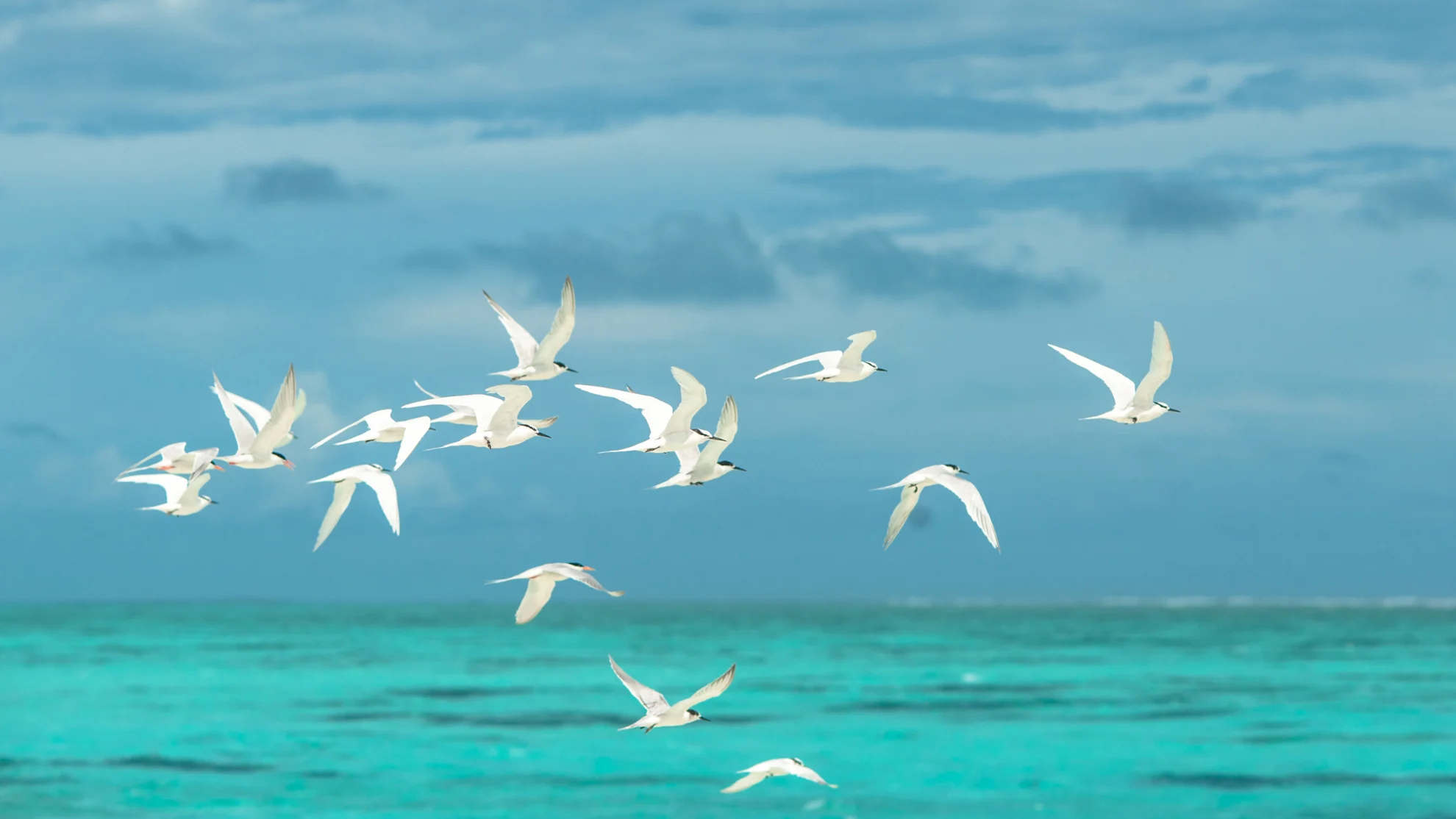
Could spring migration worsen bird flu in Canada?
The H5N1 avian influenza virus, or bird flu, has reached alarming levels globally, and Canada is on high alert.
H5N1 is known for infecting hundreds of bird species and dozens of mammals. It can travel with waterfowl like ducks, geese, and gulls — many of which stop to nest and rest across Canada.
In the early days of spring, Ontario had a few bird flu outbreaks, but the situation seems to have eased.
Dr. Shayan Sharif, Interim V.P. of research and innovation at the University of Guelph, says weather plays a factor in the spread of the disease.
It can survive up to temperatures of -20°C, but excessive heat can kill it.
Water is the perfect host for the virus, with temperatures between 0 and 20 degrees Celsius.
In areas where spring arrives early, infected birds may also arrive sooner and linger longer — increasing the chance of local outbreaks.
In British Columbia, last fall's migration brought devastating outcomes to poultry farms in the Fraser Valley.
“So we [had] a high population of birds stressed by migration. They were previously naive to this virus, and they came together into the Fraser Valley," Dr. Theresa Burns, a Chief Veterinarian for the Government of British Columbia, says.
"It's like a great stopping spot for wild birds. So they came [and] they mixed. They hung around for quite a while, feeding on our flooded farmlands."
In this type of scenario, it doesn’t take long for this microscopic virus to make its way from a Canada Goose into a poultry farm.
It’s also managed to infect both land and marine mammals. Dr. Sharif cites the elephant seal population in South America.
“in Peru, they lost almost 97 per cent of their pups in one of the breeding seasons," he says.
Is Canada ready if bird flu makes its way into the human population?
“I hope we are," Dr. Sharif says.
"The main issue here is that we need to have vaccination as one of the tools in our toolbox.”
Right now in Canada, the H5N1 vaccine is being stockpiled in case of a human outbreak.
With spring migration now underway, public health and wildlife agencies across Canada are watching closely and hoping that “peacetime" will continue.
Some quotes have been edited for grammar and flow. Header image: File/stock photo via Canva Pro.
